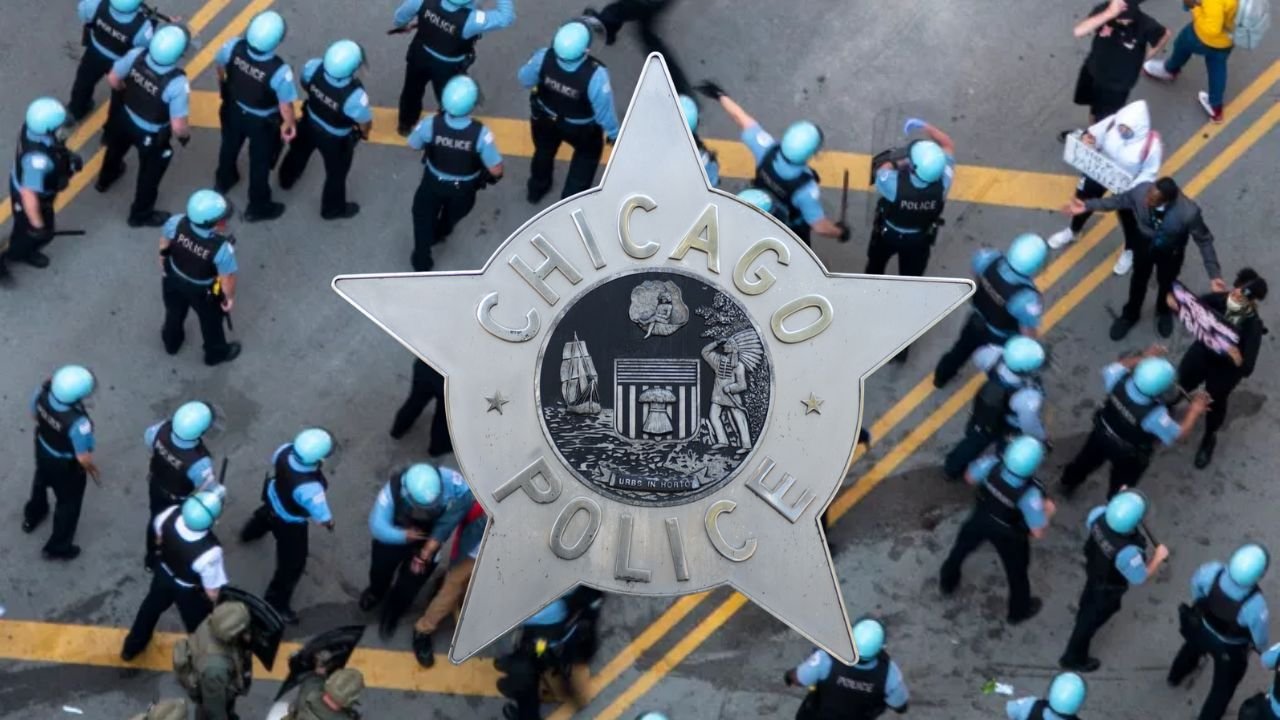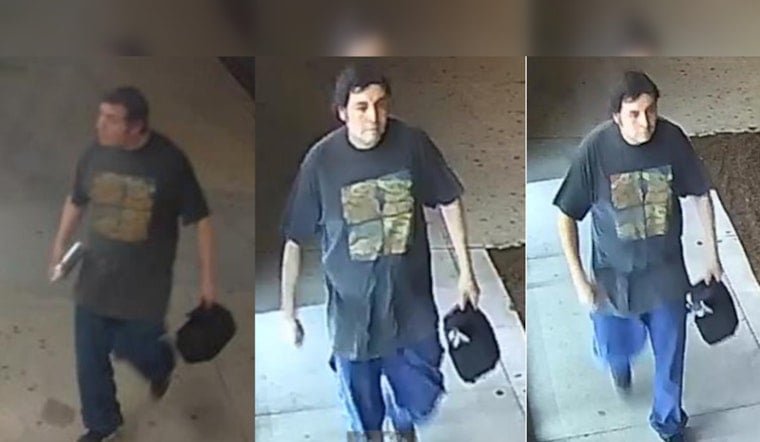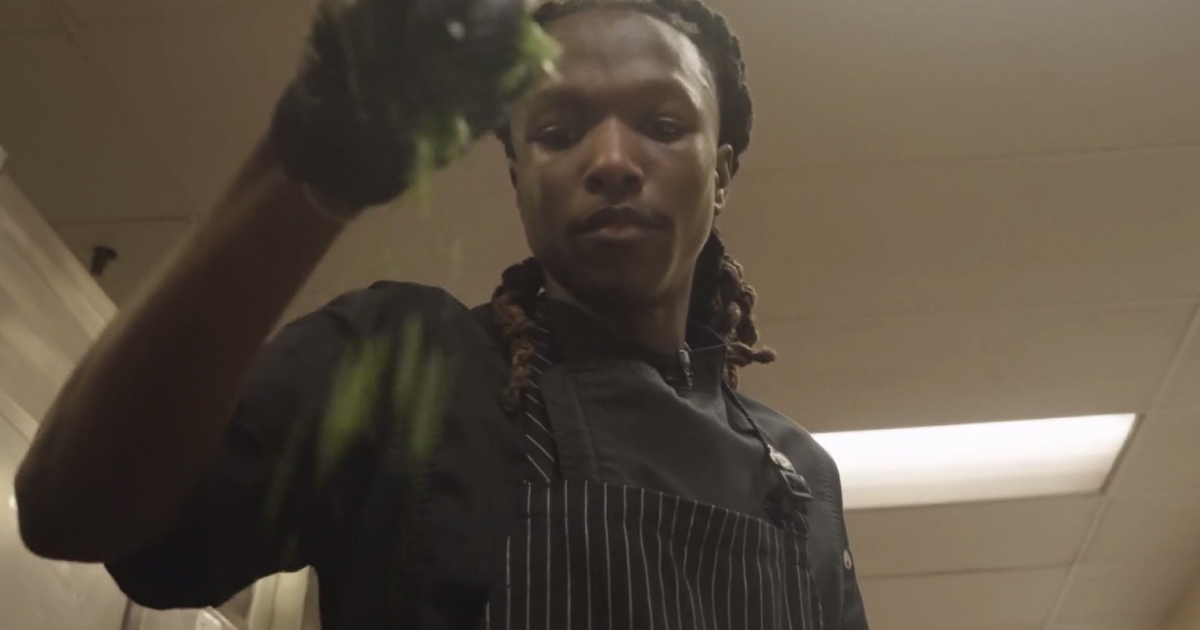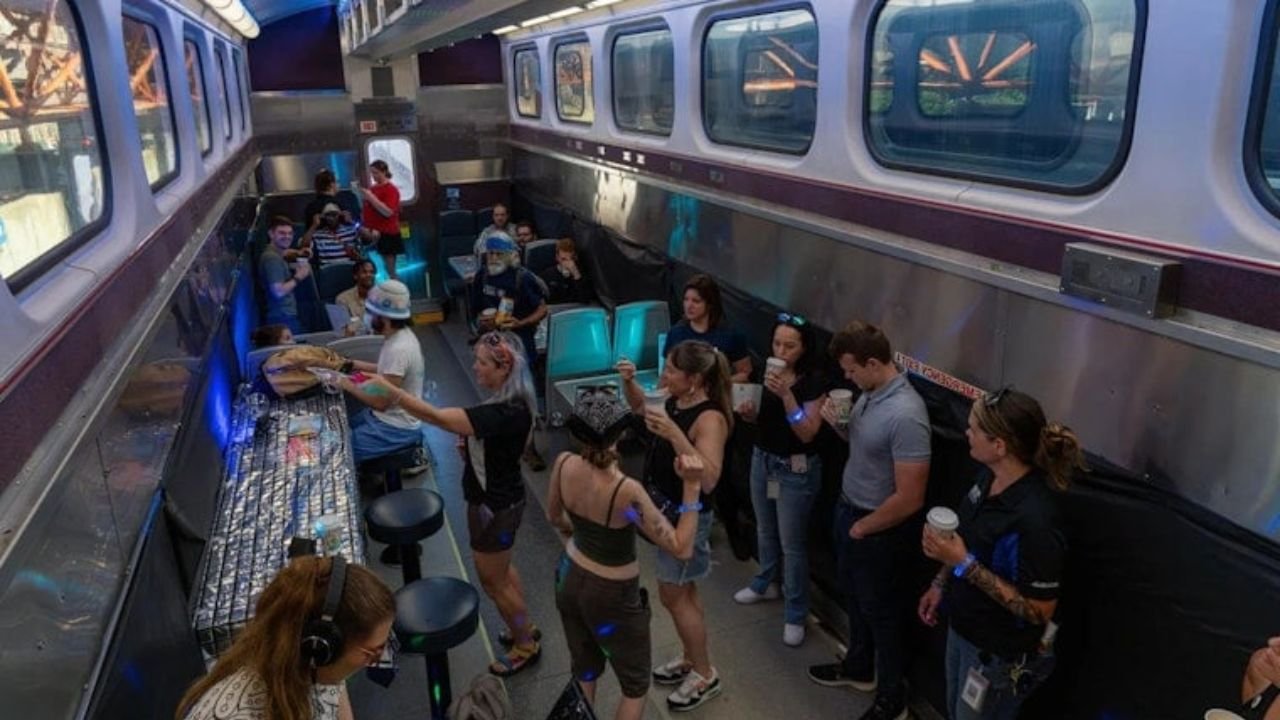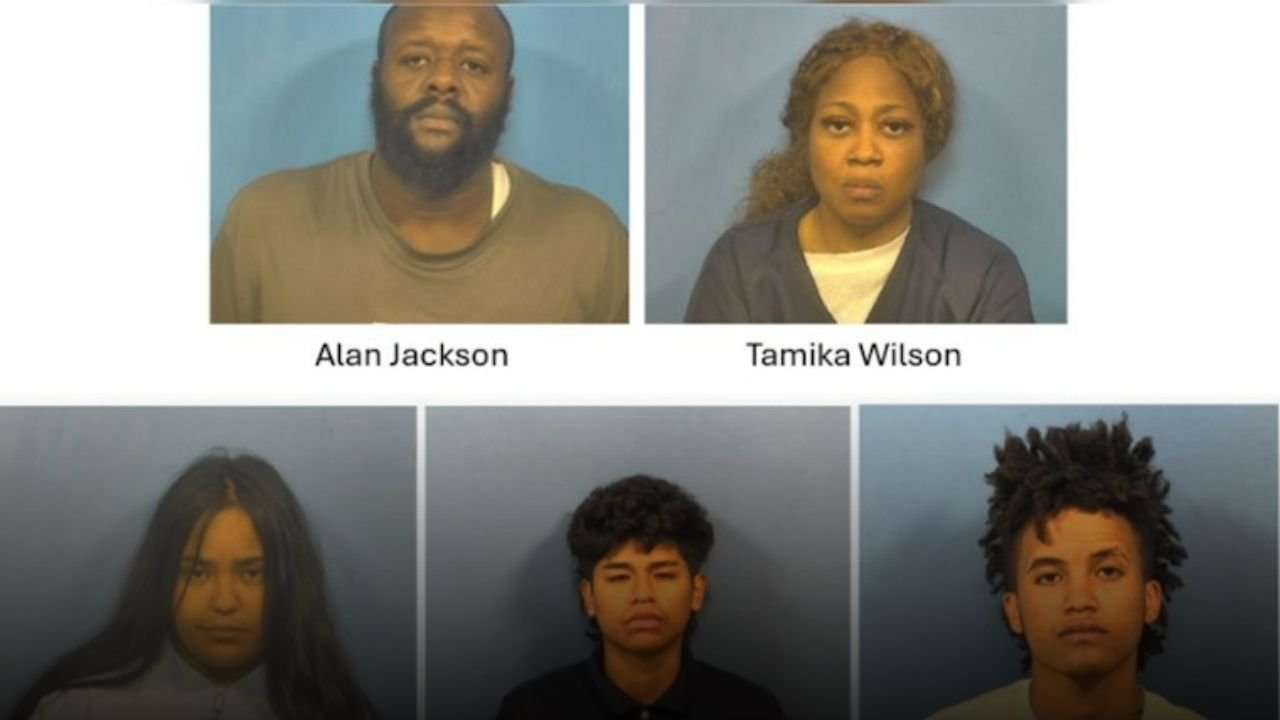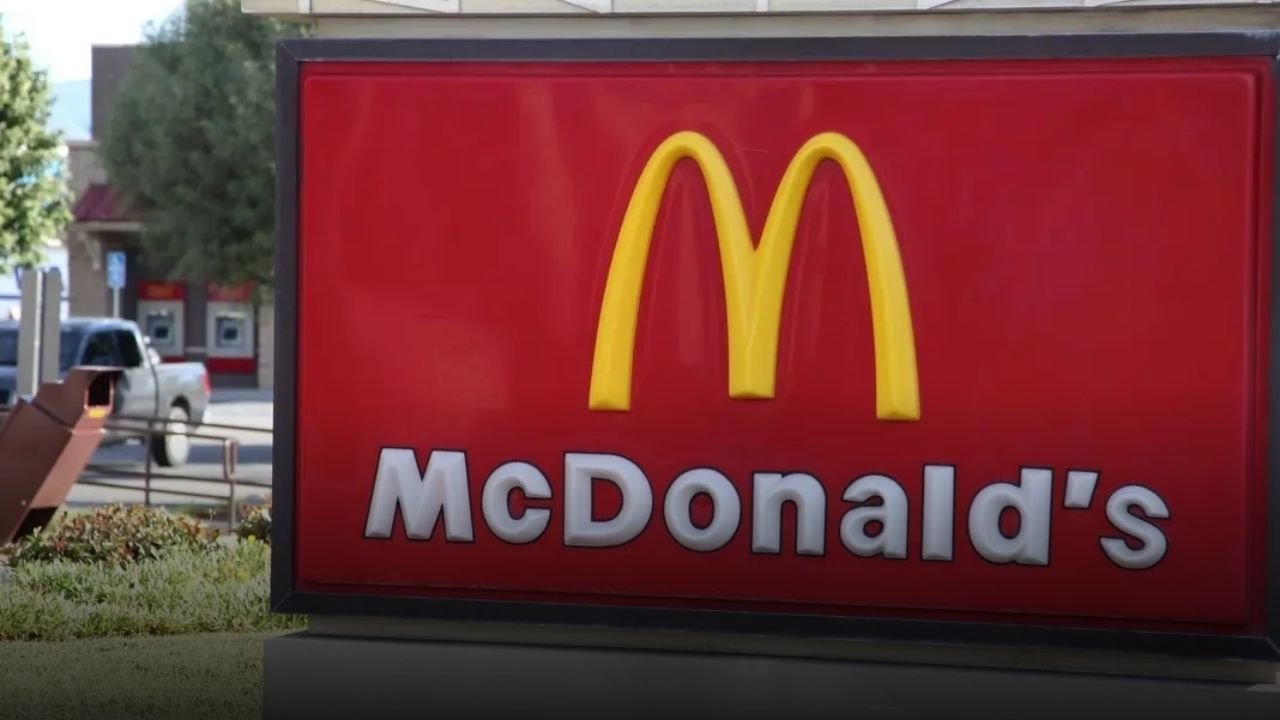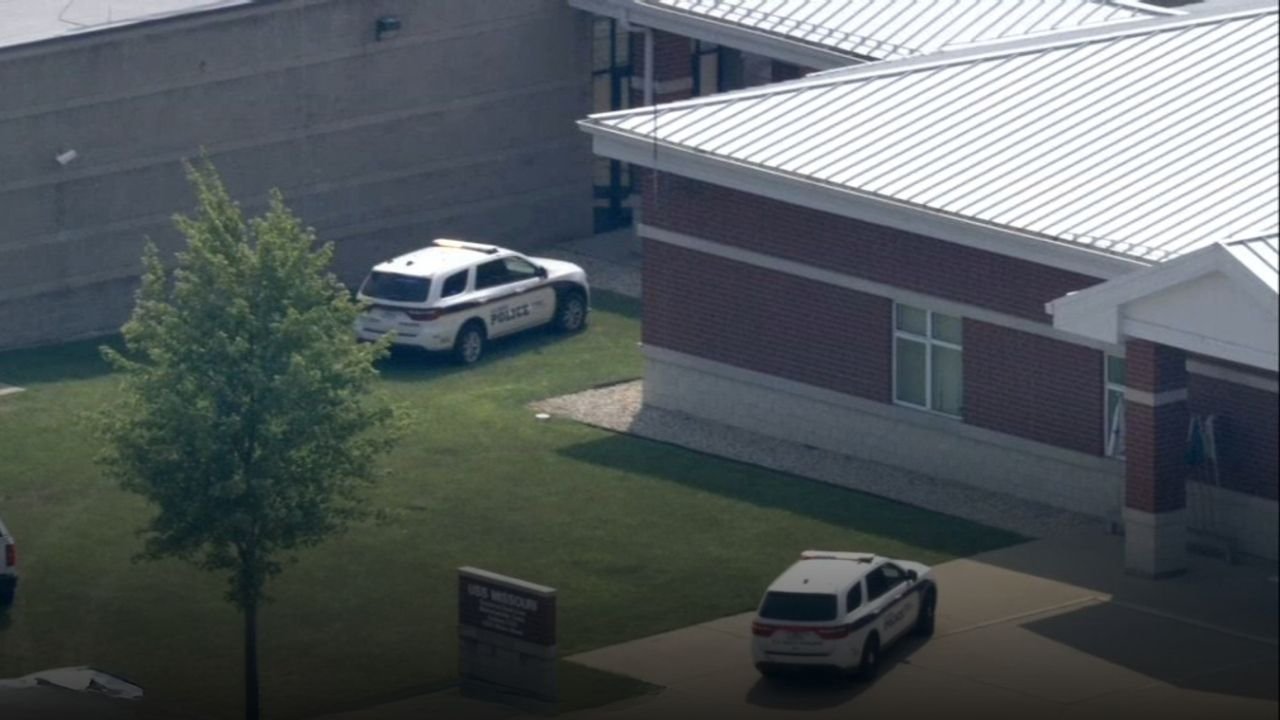CHICAGO — The city’s largest police union is continuing its legal battle to keep serious police disciplinary hearings behind closed doors, despite a 2024 court ruling requiring public access to those proceedings.
At the heart of the fight is whether officers facing serious misconduct charges should have disciplinary hearings held in private arbitration or be subject to public review, either through the Police Board or open arbitration sessions. The Fraternal Order of Police (FOP), led by President John Catanzara, is appealing a decision by a Cook County judge that mandates transparency.
“They just want to make it a circus,” Catanzara said after the latest court hearing, arguing the city is using public hearings to intimidate arbitrators and pressure outcomes.
Court Battle Over Transparency in Police Discipline
The issue stems from a March 2024 ruling by Judge Michael Mullen, who determined that while officers may choose arbitration over a Police Board hearing, those sessions must still be open to the public. The judge cited long-standing norms and a federal order requiring greater transparency in police accountability.
Attorneys for the FOP argue this violates long-standing labor practices, claiming that private arbitration had been the status quo. Their lawyer, Matt Pierce, told the appellate panel that past agreements allowed for private proceedings and that the union had the contractual right to choose this route.
But Appellate Judge Mary Mikva challenged that stance, noting that public disciplinary hearings had been in place for over 60 years.
“Are you saying we ignore that status quo?” she asked.
Read More: Chicago Park District Pools Now Open 7 Days a Week — First Time Since COVID Closures
Public Access vs. Contract Rights
The City of Chicago maintains that serious disciplinary hearings should remain open, especially when the outcomes affect public trust in law enforcement. City attorney Aya Barnea told the court that after-the-fact summaries aren’t enough and that transparency is key to improving the legitimacy of the police force.
“Public access has been critical to the effective function of the department,” Barnea said.
Judge Sharon Johnson also pressed the union’s side:
“How is the public supposed to hold CPD accountable if they don’t even know the hearings are happening?”
Union Pushback: ‘One-Sided Discipline’
FOP President Catanzara insists the city has weaponized public discipline and left officers vulnerable to unfair treatment. He claims the contract always gave the union the option for private arbitration, even if that option wasn’t used by his predecessors.
“It’s become so egregious, the discipline so one-sided, that we just said enough,” Catanzara told reporters.
Pay Disputes Also in Focus
Beyond public access, the union also wants officers to remain on payroll while facing serious charges — another aspect Judge Mullen’s ruling rejected. The city’s legal team called that provision a “poor use of public resources”, arguing that officers not actively working should not be paid.
What’s Next?
The Illinois Appellate Court has not yet ruled on the matter, but both sides are digging in. The outcome could have far-reaching implications not only for how officer misconduct is handled, but also for public oversight of city departments more broadly.
What Do You Think?
Should serious misconduct hearings involving CPD officers be open to the public? Or does the union have a point about privacy and fairness? Join the conversation at ChicagoSuburbanFamily.com and let us know where you stand.

